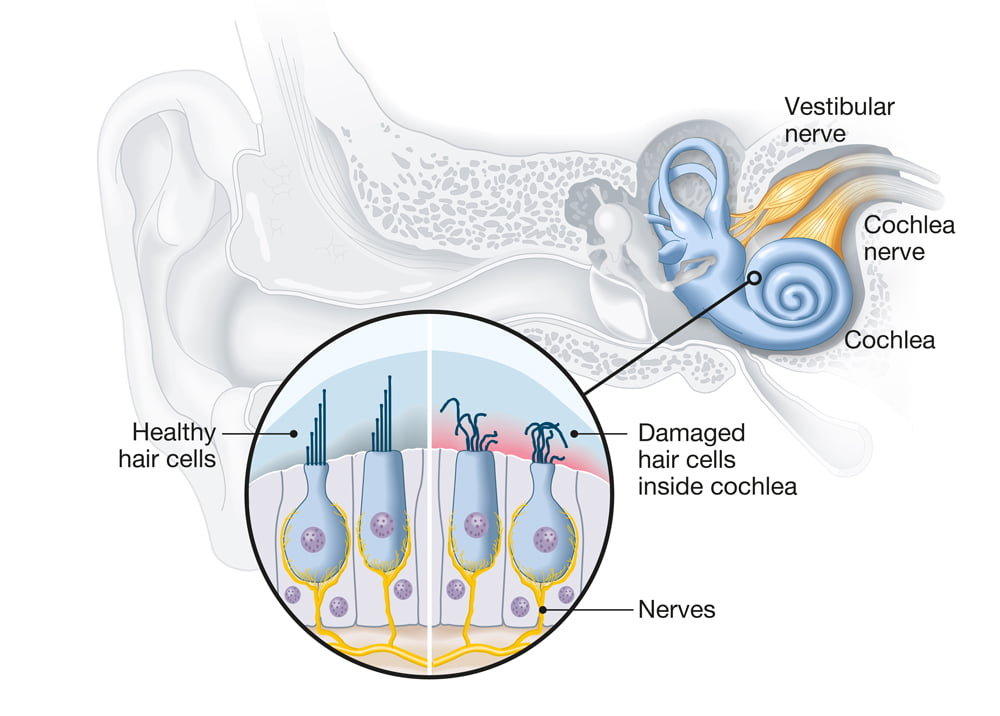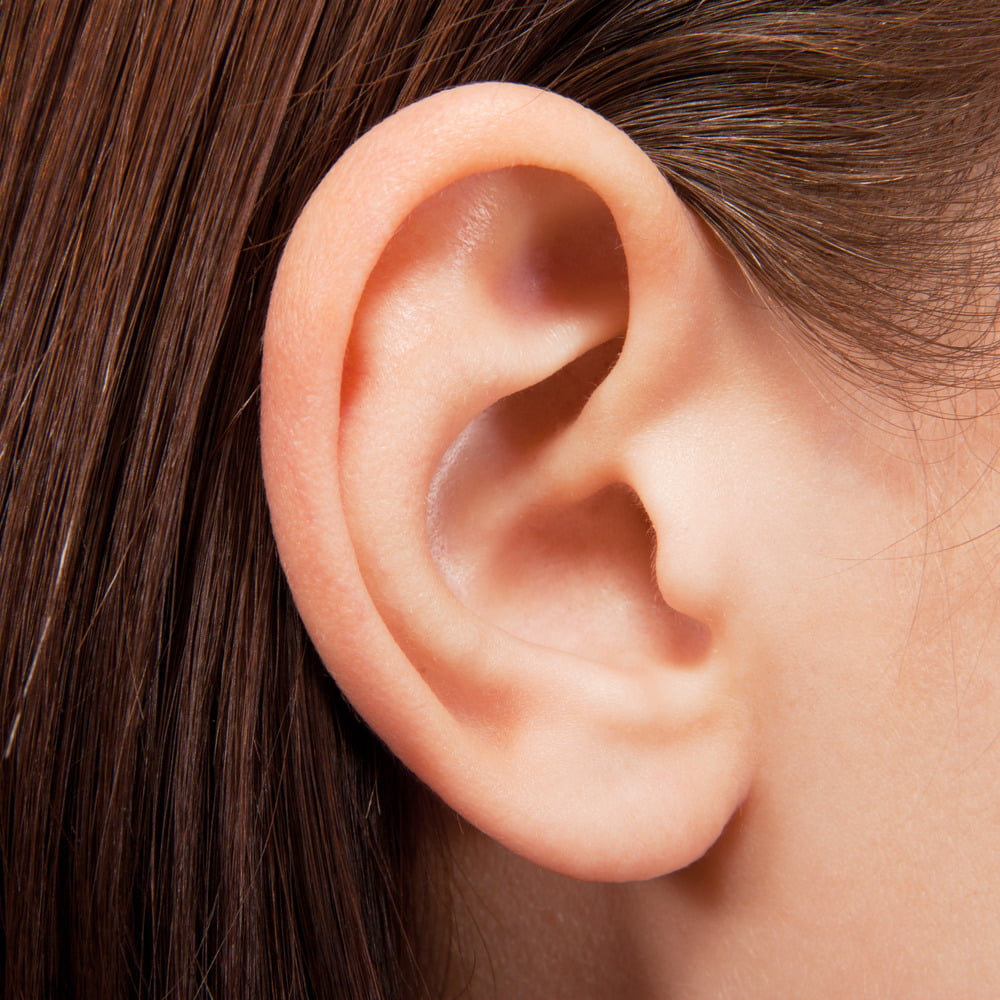Hair Cell Regeneration for Hearing Loss: A Breakthrough in Hearing Care
Hearing loss affects millions of people worldwide, creating significant challenges in communication and daily life. Despite numerous treatments, its irreversible nature has long been a frustrating barrier. However, recent advances in hair cell regeneration for hearing loss are reshaping what’s possible in hearing care. Scientists have made remarkable progress in regenerating inner ear hair cells, offering promising new avenues for treatment. In this blog, we’ll explore these discoveries and what they could mean for future.
The Irreversibility of Hearing Loss
Experts have long considered hearing loss irreversible due to the delicate structure of sensory hair cells, in the inner ear. These tiny hair-like cells translate sound vibrations into electrical signals for the brain to interpret. Loud noises, ageing, and medical conditions often damage or destroy them. Since the human body lacks a natural way to replace these cells, traditional treatments like hearing aids and cochlear implants have only been able to compensate-not cure.
New Research on Hair Cell Regeneration For Hearing Loss
In a groundbreaking study, Zheng-Yi Chen, associate professor of otolaryngology at Mass Eye and Ear, and his team published a major breakthrough on April 17 in Proceedings of the National Academy of Science (PNAS). The researchers administered a drug-like cocktail directly into the inner ear, which encouraged damaged cells to regrow and repair by reprogramming genetic pathways.
This research may lead to gene therapies that doctors could one day administer to people with hearing loss, helping them restore natural hearing.
While the story was conducted on mice, the success offers hope for humans. It marks a pivotal shift in the field of audiology, moving from sound amplification to potential biological restoration.

Implications of these Findings
The implications of these findings are immense and far-reaching. If the concept of regenerating hair cells can be successfully translated to humans, it could revolutionise the treatment of hearing loss. Traditional interventions, such as hearing aids and cochlear implants, while effective in amplifying sound, cannot restore the natural hearing experience. Regeneration of hair cells, however, holds the potential to reverse the underlying cause of hearing loss, allowing individuals to regain their hearing naturally.
Moreover, this breakthrough research could pave the way for the development of personalised medicine for hearing care. By understanding the genetic pathways and individual variations in hair cell regeneration, tailored gene therapies might be designed to address specific types of hearing loss. This personalised approach would provide targeted treatment options, maximising the chances of success and minimising potential side effects.
Additionally, the restoration of hearing through regeneration would have a profound impact on the overall well-being of individuals. Hearing loss has been linked to social isolation, depression, and cognitive decline. By restoring hearing abilities, individuals could reconnect with their loved ones, engage more actively in social settings, and improve their mental and emotional health.
Conclusion
The discovery of a drug-like cocktail that can regenerate hair cells within the inner ear represents a significant leap forward in the field of hearing care. These findings have opened up new possibilities for the future treatment of hearing loss, bringing hope to millions of people around the world. While further research and clinical trials are necessary to validate these initial findings, the potential for gene therapies and personalised treatments for hearing loss is within reach.
If you or a loved one are experiencing any signs of hearing loss, don’t wait to seek professional help. Take the first step towards better hearing by booking a free hearing test with Hear4U today. Our experienced team of hearing care professionals is dedicated to providing solutions tailored to your unique needs. Together, let’s embark on a journey towards restoring your hearing and enhancing your quality of life.






